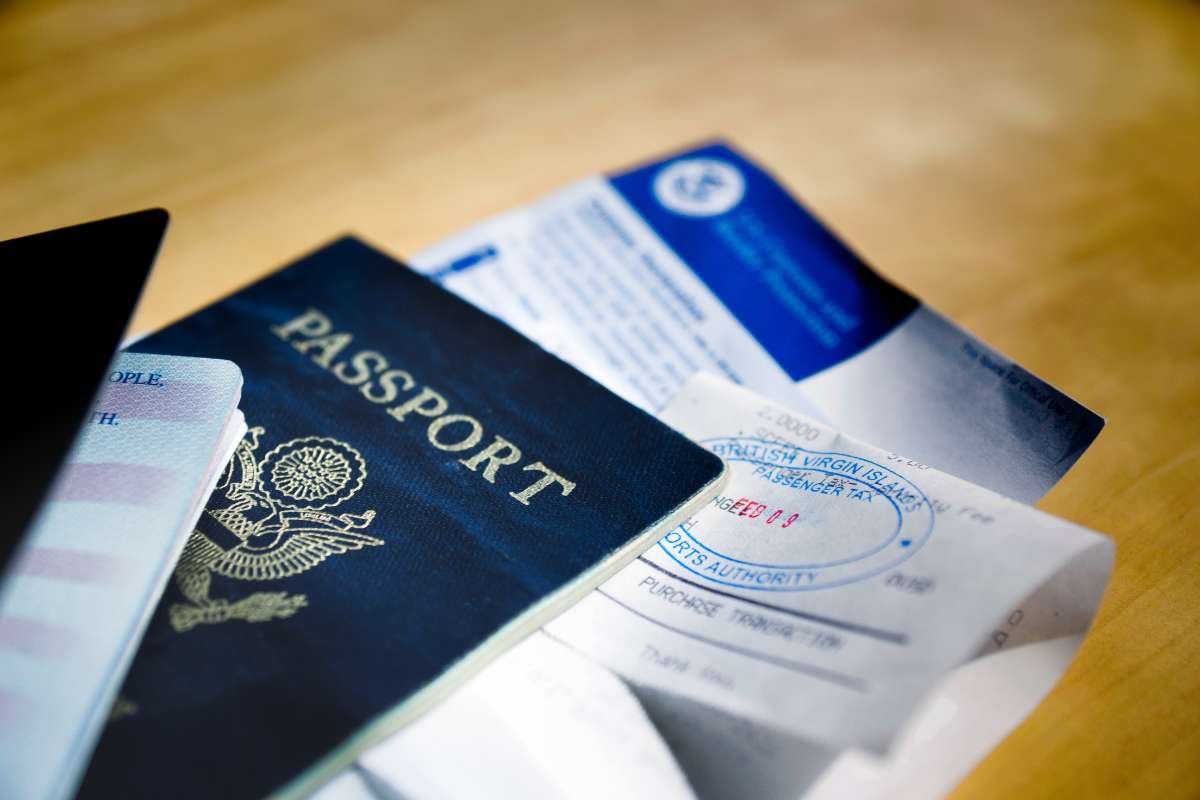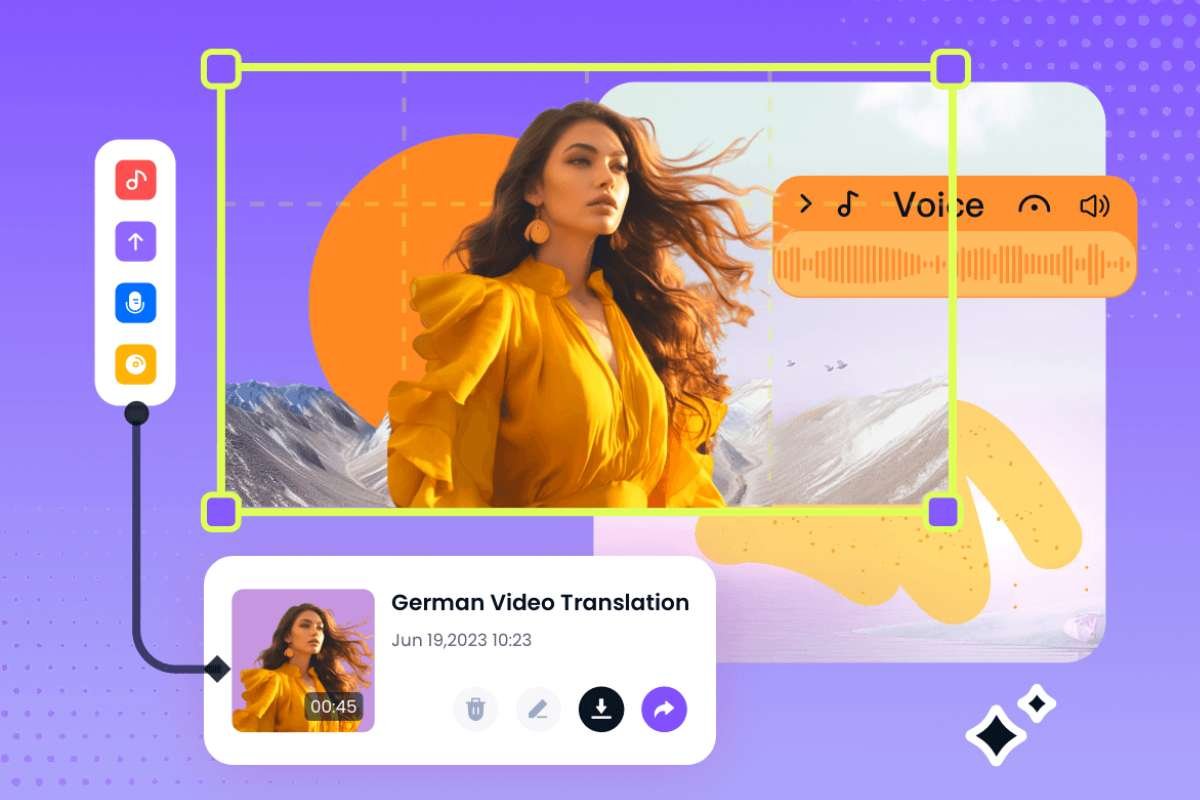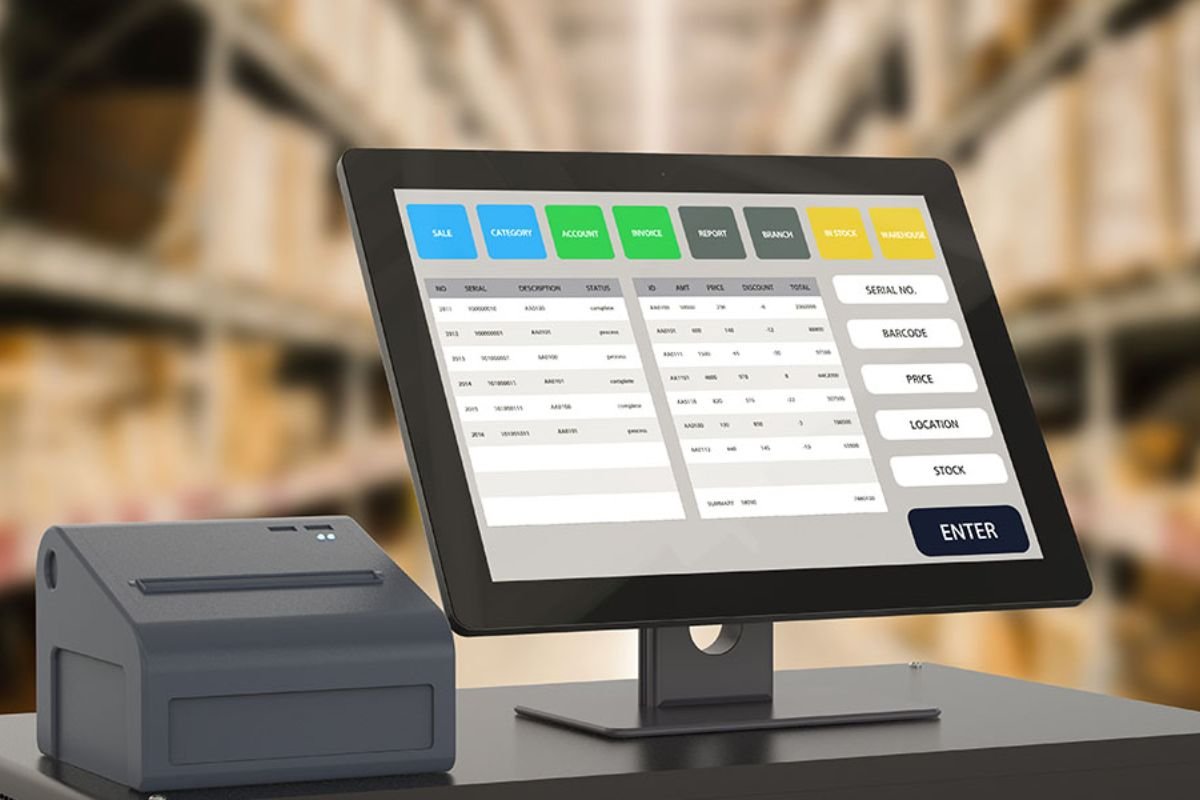Corporate travel management has evolved rapidly, thanks to advancements in technology that have streamlined booking processes, enhanced traveler experience, and improved overall efficiency. This transformation is not just about convenience; it’s reshaping the way companies plan, manage, and execute travel plans, turning what was once a tedious process into a seamless, user-friendly experience.
Streamlined Booking and Expense Management
Technology has revolutionized corporate travel booking systems, making it easier for companies to secure the best rates, track expenses, and ensure compliance with travel policies. Today, AI-powered booking platforms provide real-time comparisons of flights, hotels, and transportation options. Employees can book trips that fit within company guidelines directly from their devices, reducing the need for intermediaries.
Expense management has also benefited from automation. Instead of manually processing receipts and invoices, employees can use mobile apps to photograph receipts, which are then automatically categorized and submitted for approval. This automation reduces errors, saves time, and offers a clearer view of travel expenditures for finance teams. The transparency of this process helps prevent overspending and ensures adherence to company budgets and policies.
Improved Safety and Compliance Tracking

Safety is paramount in corporate travel management, and technology plays a critical role in keeping employees secure. Many companies now use location-tracking tools integrated with travel apps to monitor employees’ whereabouts in real time. This is particularly useful in unpredictable scenarios, such as natural disasters or political unrest, where knowing employees’ locations can expedite communication and evacuation if needed.
Additionally, compliance tracking has improved significantly. Platforms now automatically alert travelers to destination-specific travel restrictions, health guidelines, and visa requirements, helping employees stay informed. These tools prevent non-compliance issues that could lead to delays or fines and provide peace of mind for both the traveler and the organization.
Enhanced Traveler Experience with Personalization
Personalization has become a significant focus in corporate travel management, and technology has made it possible to tailor travel experiences to individual preferences. AI-driven platforms analyze traveler data to recommend accommodations, transportation, and dining options that align with each traveler’s past choices and needs. For instance, if a frequent traveler prefers window seats or specific hotel chains, the system can automatically prioritize these preferences, creating a more comfortable and efficient experience.
This level of customization extends beyond preferences. With mobile apps, travelers have instant access to itineraries, boarding passes, and destination details. Notifications provide updates on flight changes, gate information, and hotel check-in times, enabling travellers to adjust plans with minimal stress. The ability to access and modify bookings in real-time makes travel smoother and more responsive to changes.
Data-Driven Insights and Predictive Analytics

The integration of big data and predictive analytics has empowered companies to make informed travel management decisions. By analyzing travel data, companies can identify patterns in booking behaviors, expense trends, and travel frequency, allowing them to negotiate better rates with preferred vendors. Predictive analytics can also forecast travel needs and help organizations allocate budgets more effectively, optimizing travel spending without compromising on quality or comfort.
This data-centric approach enables companies to measure the impact of travel on productivity, well-being, and even employee retention. By understanding travel-related insights, managers can make more strategic decisions, such as reducing travel frequency for roles where remote work is feasible or enhancing travel policies to improve employee satisfaction.
Sustainability Initiatives in Corporate Travel Management
Sustainability has become an important factor in corporate travel decisions, with companies seeking ways to reduce their carbon footprint. Technology has introduced new tools that allow companies to measure the environmental impact of each trip, offering carbon calculators and sustainable travel options.
Many travel management platforms now highlight eco-friendly hotels, flights with lower emissions, and public transportation options. By promoting sustainable choices, companies can work towards meeting their environmental goals while encouraging employees to participate in green initiatives.
Additionally, these platforms provide reports on emissions, enabling companies to track and report their progress in reducing travel-related carbon outputs.
The Future of Corporate Travel: Integrating Virtual and In-Person Meetings

As businesses explore hybrid models, technology offers a bridge between virtual and in-person meetings. While face-to-face interactions remain invaluable, video conferencing tools reduce the need for some travel, allowing companies to balance in-person and remote collaboration. Integrating these virtual tools into travel policies can result in substantial cost savings, reduced travel frequency, and a smaller carbon footprint.
Conclusion
Technology is fundamentally reshaping corporate travel management by streamlining booking processes, enhancing traveler safety, personalizing experiences, and supporting sustainable travel initiatives. Through data-driven insights and integration with virtual collaboration tools, companies can make smarter, more responsible travel decisions. As technology continues to advance, corporate travel will become even more efficient, responsive, and aligned with organizational goals, ensuring that each journey contributes value without unnecessary complexity.






